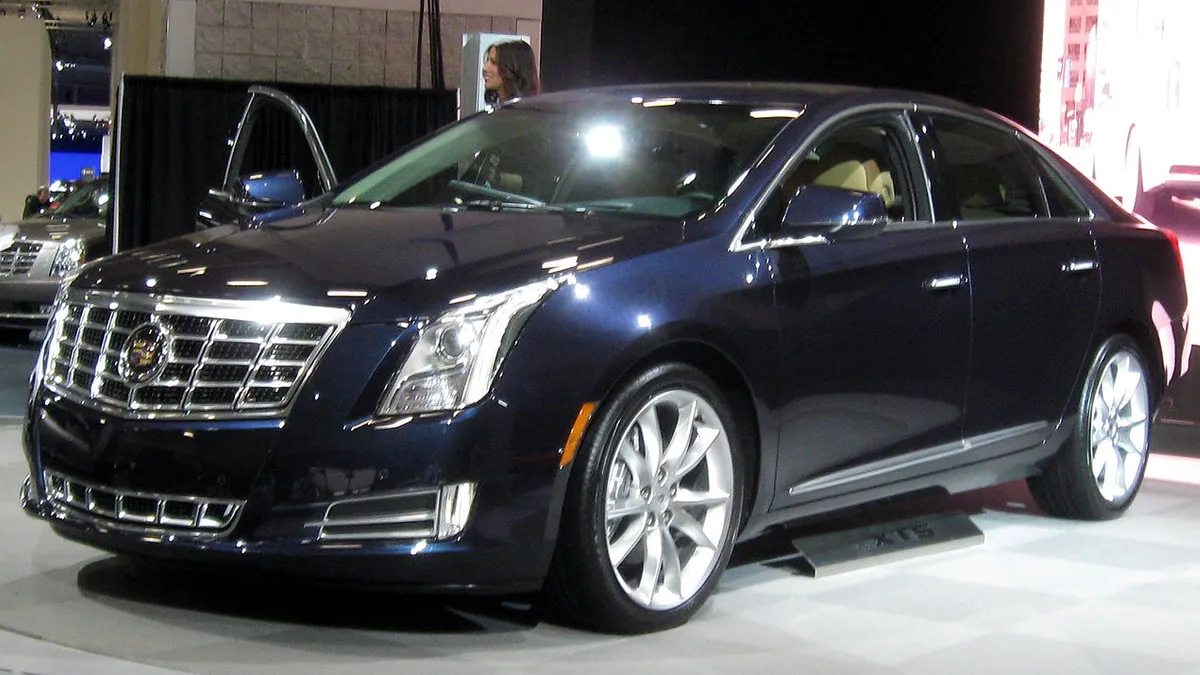Dive Brief:
- Businesses and their HR departments are bristling about the fact that the so-called Cadillac Tax, an excise tax on high-value health plans, includes employee health savings account (HSA) contributions.when deferred through a standard payroll-deduction cafeteria plan, as part of the taxable value of the benefit.
- According to the Treasury Department, excluding HSA contributions from the tax would require a statutory change to the Affordable Care Act.
- According to an article at SHRM.org, comment letters submitted to the IRS says it's not necessarily so.
Dive Insight:
At SHRM's March 2015 Employment Law & Legislative Conference in Washington, D.C., J. Mark Iwry, senior advisor to the Treasury Secretary and Deputy Assistant Secretary (for retirement and health policy), said the “Treasury has no discretion to carve out” employee HSA contributions since “Democrats in Congress had specifically made it a point” to include HSAs under the threshold, and altering that would require statutory change. Some groups disagree.
The American Bankers Association says the IRS can issue regulations that exclude employees’ HSA contributions from the taxable threshold without a change in the law. The ERISA Industry Committee submitted comments recommending that the IRS and Treasury “narrow the definition of the types of health benefits that are subject to the tax so that add-on benefits and programs that lower the costs of health benefits such as health savings accounts, onsite medical clinics and wellness programs would not be discouraged.” And the Business Roundtable also asked Treasury to reconsider.
For its part, SHRM and other groups have urged that the Cadillac Tax be completely repealed.














